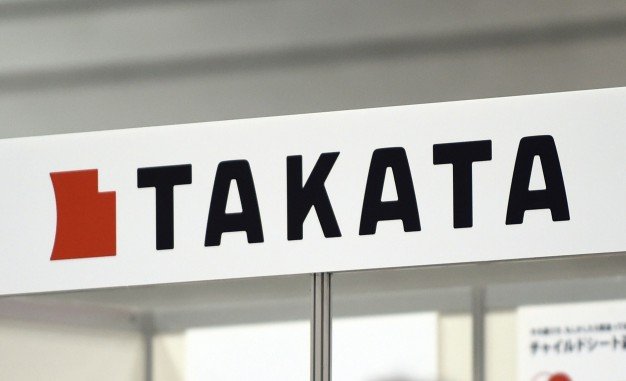NHTSA said later that a review of ongoing investigations into the cause determined that a combination of time, temperature fluctuations and moisture make chemicals in the airbags degrade.
The airbag safety crisis that has engulfed the auto industry – the one behind more than two dozens recalls from 11 different manufacturers affecting roughly 25 million vehicles over the past eight years – just got worse.
Federal regulators announce Wednesday an expansion of the recalls for defective Takata airbags that more than double the number of inflators considered faulty. The global airbag supplier will recall at least another 35 million faulty airbags, and possibly more.
Instead of deploying normally, the affected airbags explode upon detonation and are capable of spraying lethal amounts of metal shrapnel at vehicle occupants. At least 11 global deaths and approximately 100 injuries have been linked to the faulty airbags.
Mark Rosekind, administrator of the National Highway Traffic Safety Administration, made the "major safety" announcement Wednesday afternoon.
Already, the 25 million airbags under recall comprise the largest consumer-product recall in American history. The doubling of the number of affected airbags worsens a protracted risk for American motorists. Prior to Wednesday, NHTSA had estimated all the cars covered by existing recalls wouldn't be fixed until 2019. So far, approximately 8.1 million airbags have been repaired, according to NHTSA.
With a doubling of the affected airbags, the timeline for fixing all the airbags will surely grow. Meanwhile, millions of motorists will drive around with ticking time bombs in their vehicles, and although investigators haven't pointed to a definitive source of the problem, they believe the defects grow worse with age.
"Takata is working with regulators and our automaker customers to develop long-term, orderly solutions to these important safety issues," a company spokesperson said Wednesday. "... Our number one priority is to protect the traveling public."
Motorists concerned about whether their vehicles are affected can use their vehicle identification numbers (VINs) to check on the government website safercar.gov, though the site may not be updated with the latest round of recalls expansions. Government officials say car owners should check the site regularly.
The exact number of vehicles affected is not yet precisely known. Federal officials have said there may be some overlap in the overall number of vehicles recalled, because some may be under separate recalls for both driver-side and passenger-side inflators.
Related News

